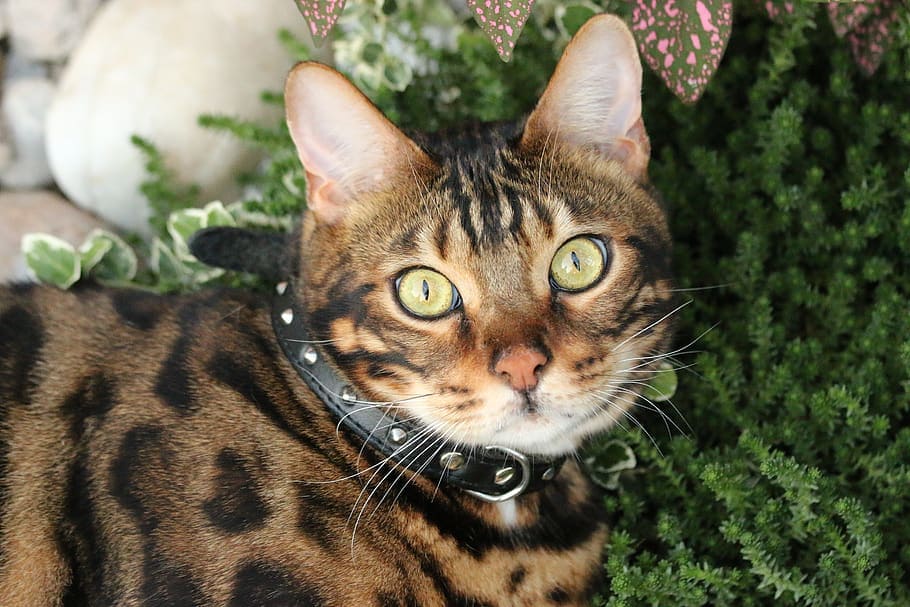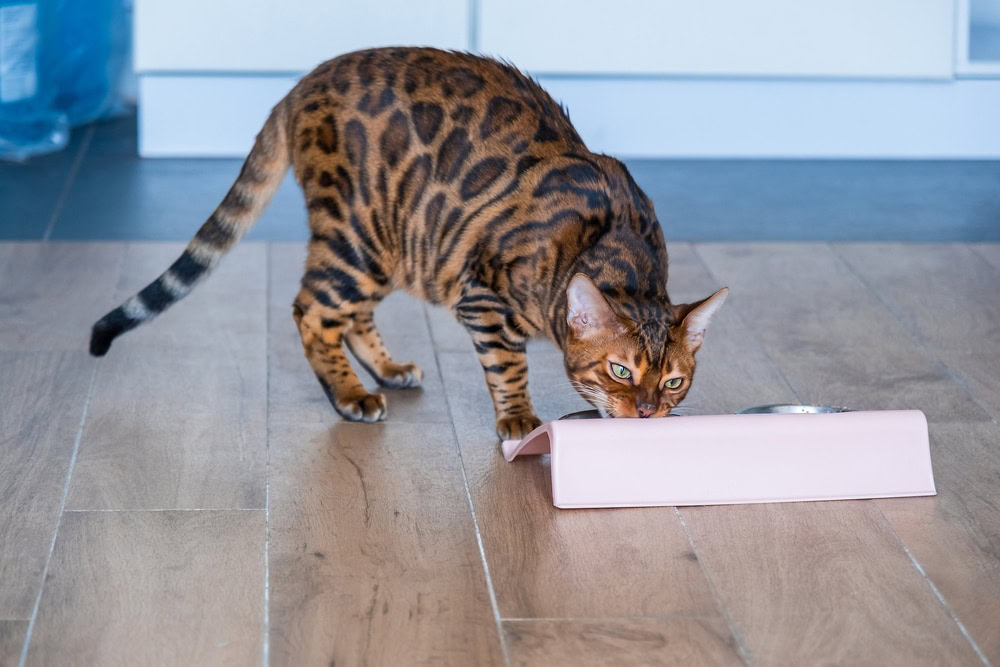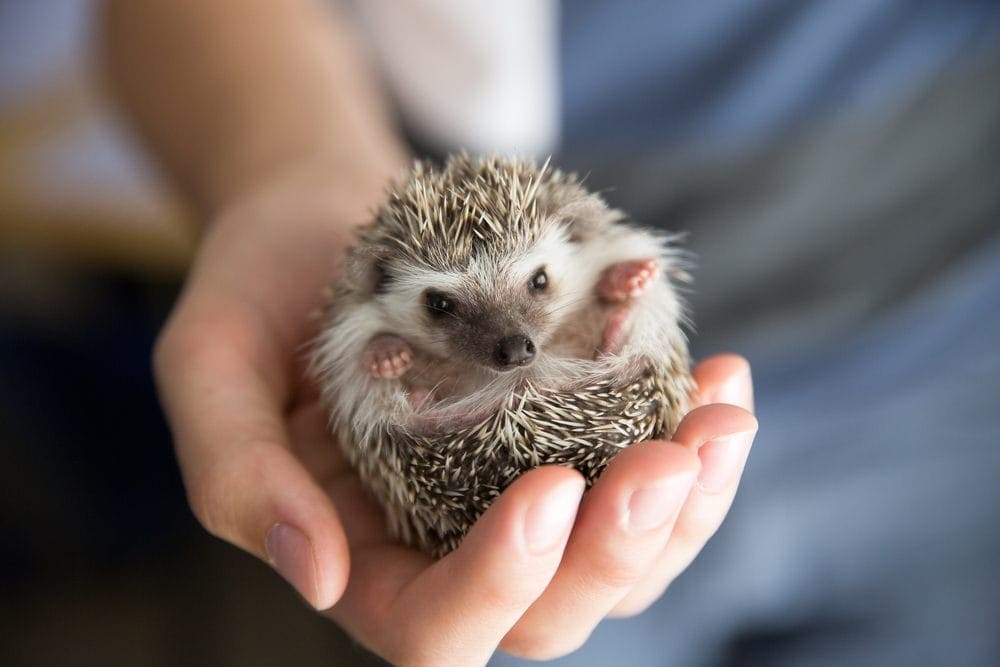VET APPROVED

The information is current and up-to-date in accordance with the latest veterinarian research.
Learn more »Click to Skip Ahead
Bengal cats are intelligent and energetic animals, with a wild attitude that many people find appealing. Unfortunately, those wild features also mean that there are places that restrict the import and ownership of this breed, and some states have banned them entirely. The Cat Fanciers’ Association recognized only Bengals of five or more generations of domestic only ancestry.1 Those states and countries that haven’t banned ownership still strongly restrict who can and can’t keep this breed as a pet.

What Is a Bengal Cat?
Bengal cats were developed by crossing domestic cats with Asian leopard cats. Bengal cats are known for their unique spotted or marbled coat, which resembles that of a leopard or jaguar. Bengals are also known for being active, playful, and friendly. Unlike some more recent hybrid cat breeds like the Savannah, the vast majority of domestic Bengal cats share very little DNA with their wild ancestors, but at this stage, restrictions are still in place regarding their ownership.
While Bengal cats, depending on generation, are legal in most states and countries, there are a few exceptions. In some states in the U.S., like Hawaii, Bengals are considered to be dangerous wild animals and are therefore illegal. In other countries, such as Australia, Bengals are classified as domestic pets, but they require a special import permit in order to be legally brought into the country.
If you’re considering getting a Bengal cat, be sure to check the laws in your state or country first to make sure they are legal where you live.
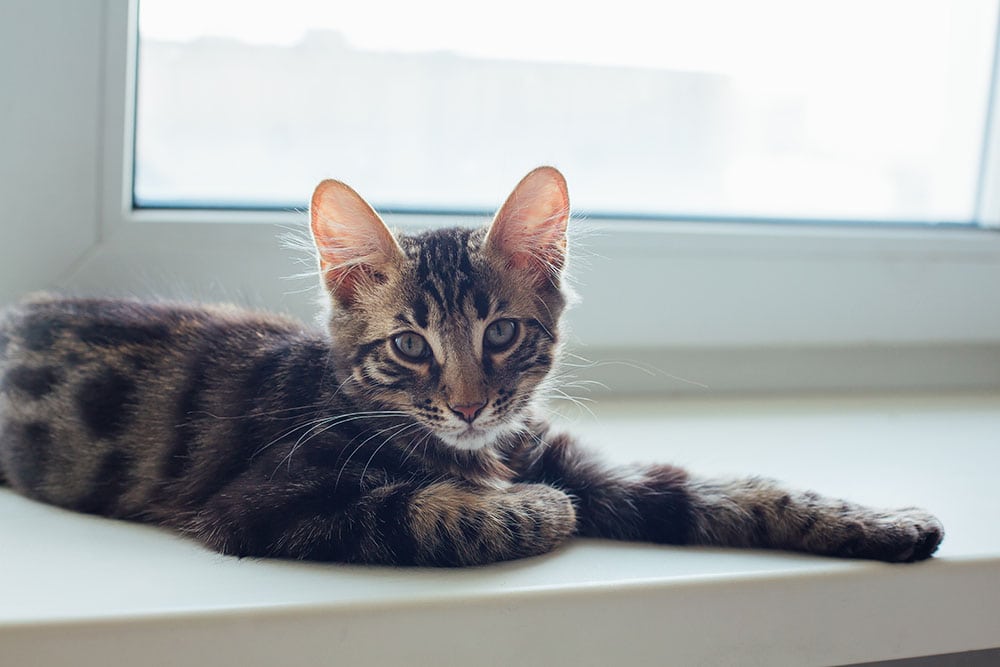
Are Bengal Cats Illegal to Own?
It is illegal to own a Bengal cat in some states and countries. Due to their wild ancestry and depending on the generation, they are considered exotic pets that are regulated by law in many places. Before adopting a Bengal cat, it’s important to know your local laws regarding Bengal cat ownership.
Where Are Bengal Cats Legal?
Most of the states in the US consider Bengal cats of at least five generations of domestic ancestry to be domestic pets, but there are a few exceptions. Connecticut, Hawaii, Seattle, and New York City are among a few that have laws prohibiting the ownership of Bengal cats.
The state of Texas has some regulations on owning a Bengal cat, with some counties requiring owners to obtain a permit, again depending on generation. Other states have similar regulations, including Alaska, Delaware, Denver, Georgia, Iowa, and Massachusetts. In Canada, Bengals are considered domestic pets in most provinces. Only Alberta has ownership restrictions.
Outside of North America, the legality of Bengal cats varies by country. In the U.K., Bengals are considered domestic pets and no ownership restrictions exist. However, in Australia, importation of Bengal cats regardless of generation is now banned while existing Bengals are legal to own. New Zealand requires a permit and a confirmation of at least five generations of domestic ancestry.
Owning a Bengal cat in an area where it is prohibited or not following the rules of ownership can result in hefty fines or even jail time.
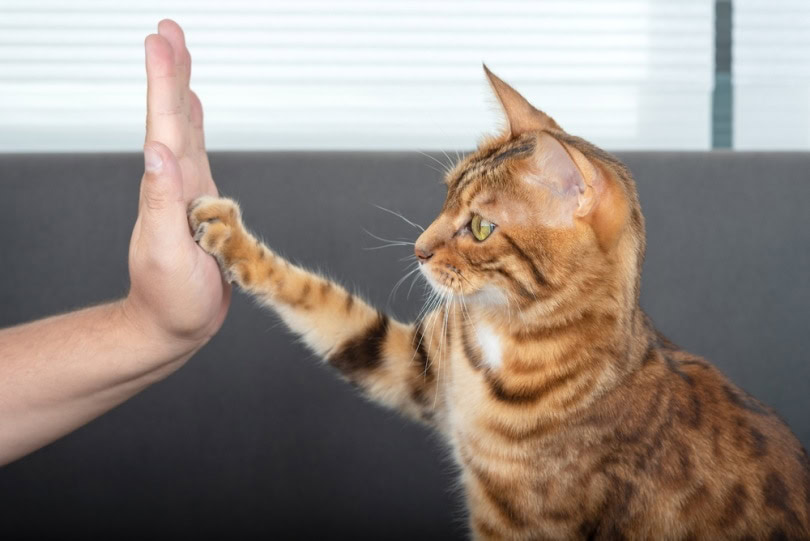

Bengal Cat Restrictions in the United States
- Alaska — Must be at least four generations removed from a wild cat. A registered pedigree and permit must show the past four generations.
- California — Legal, with some differences depending on city and county..
- Connecticut — Illegal.
- Delaware — Permit required.
- Colorado — The previous five generations must all have lived in captivity, with variations based on local jurisdiction.
- Georgia — License required.
- Hawaii — Illegal.
- Iowa — Must be a fourth-generation domestic cat.
- Indiana — Illegal for F1-F4 generations.
- Massachusetts — Must be registered and pedigreed and a minimum of three generations away from a wild cat.
- New York City — Illegal.
- New York State — Must be five generations removed from the Asian Leopard Cat. Must be registered with the American Cat Fanciers Association or International Cat Association.
- Seattle — Illegal.
- Utah — Legal.
Bengal Cat Restrictions in Canada
Owning a Bengal Cat in British Columbia, Manitoba, New Brunswick, Nova Scotia, Ontario, Quebec, and Saskatchewan is considered legal. Alberta requires that the cat be registered with the TICA (The International Cat Association) and be a fourth-generation domestic cat.
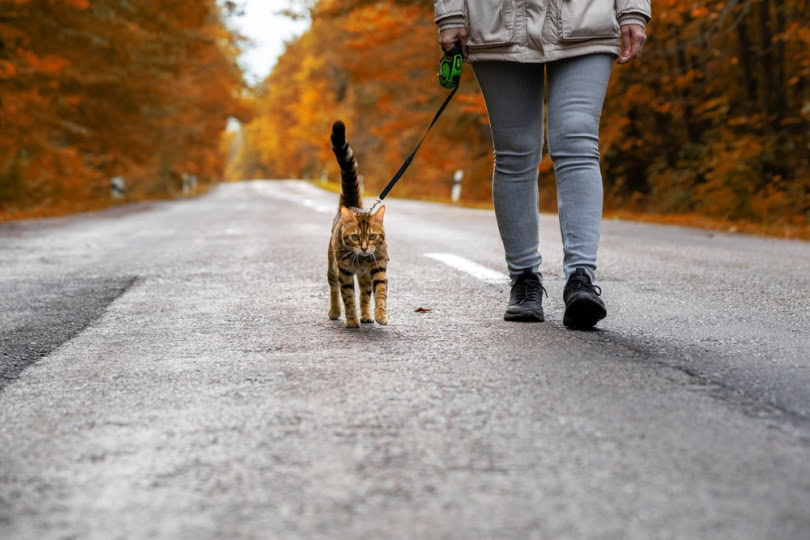
Bengal Cat Restrictions in Europe
In Europe, the laws on Bengal ownership vary between countries and cities within each country. Most allow ownership, but many require the cat to be several generations removed from the Asian Leopard Cat, and some require registration of ownership.

Conclusion
It is important to note that just because Bengal ownership may be legal in some localities, that doesn’t mean everyone should own a Bengal. These are unique, high-energy cats that require a certain level of care. This is why most restrictions surround ownership of cats that are several generations away from their wild ancestors. Doing your research on the rules of ownership before getting a Bengal is important to ensure that you’re not breaking the law or endangering the breed’s welfare needs.
Featured Image Credit: Irina_kukuts, Pixabay
